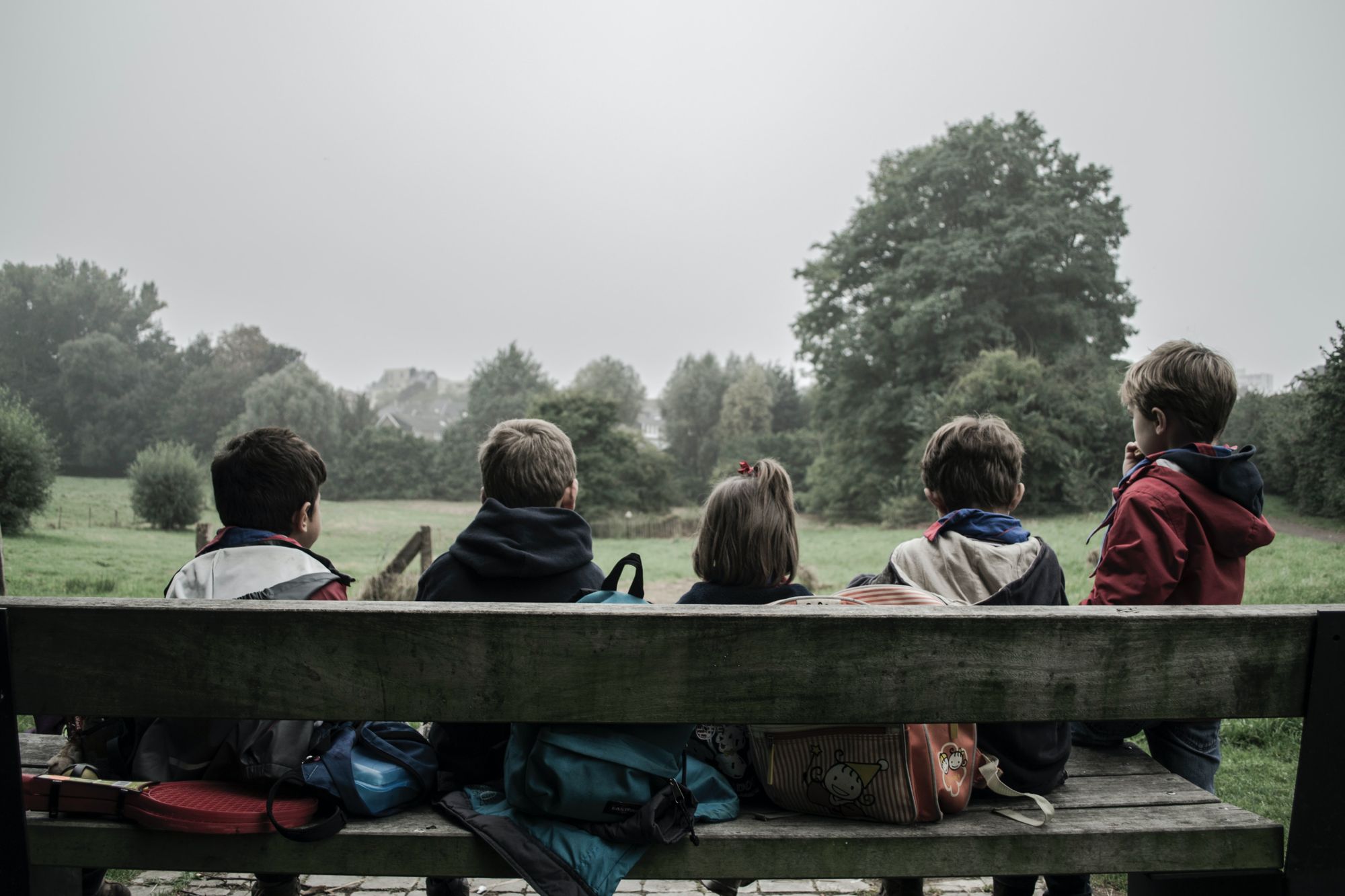8 Questions Children May Ask About Death and Dying (And How to Answer)

Anne Toane
Talking about hard topics such as end of life and death is hard for any adult person, but thinking about introducing a child to these subjects can be tough to imagine.
If you are approached by a child, yours or otherwise, and asked questions around death, here are some of our tips for answering in the best and most authentic way possible.
We recommend and following tips and tricks when answering the questions that may come up and we also wanted to provide you with an overview of some questions you may hear from a child:
Where do people go when they die?
- People all over the world believe many different things about this.
- Sample: Give a little context/framing before diving right in. Grandma will be turned into compost/whatever will happen (buried, cremated etc.) and we’ll always be able to talk to her even if she’s not physically here and alive anymore. We have so many memories we can cherish and we can tell stories about all the things we love about her. By remembering her we can still love her.
- Many people believe there’s a special part of people that exists after the body dies called the ‘soul’ or ‘spirit.’ The soul or spirit is not a part of the body, rather it’s the part of us that makes us special. It allows us to love and be loved.
- As [INSERT RELIGION] we believe...
What causes death?
- Many things may cause death: illness, accidents or disease may all cause the body to stop working and die. Sometimes growing old causes death.
- It’s important to remember that some things will never cause death: wishes or thoughts will never ever cause death.
- Sometimes we may not be sure why someone we love has died, and that may leave us with many questions.
What is a funeral?
- A funeral is one way to say goodbye to someone we love and to honour their life. Usually family and friends gather together (in person when we’re not in COVID times) to remember the person who died, to say goodbye, and to show their love (both for the person and their family and friends).
- People may talk about the person who died, say prayers, laugh and cry. All of these are ways of saying that the person who died was special.
- Because we can’t get together in person right now, we’ll see everyone online using the computer and we can still make space to remember Grandma.
Will I die?
- Eventually, everyone and all living things die. Usually, children are healthy and strong and live long full lives. Usually children don’t die until they’re much older.
Will you die?
- Often children want promises that you also won’t die. Never make promises you cannot keep. Instead, reassure the child you plan to be with them for a long time, and that they will always be cared for.
Why do I feel this way?
- It’s normal to have lots of feelings when someone dies and there’s room here for all your feelings, big or small. What you might be feeling is a word called ‘grief,’ which makes us feel very sad when someone we love has died. Grief can look really different for each of us, it can come and go and sometimes lasts a while. No matter what you feel it’s ok to feel it all.
- Sometimes playing outside helps or getting a hug from someone you trust. You don’t have to deal with this alone.
What happens after someone dies?
- People around the world do this many different ways.
- Sample: For us, we’ll have a celebration of life to remember Grandma. Here’s what you can expect when we get together...
Why did someone I love die?
- The “how” of someone dying—the body stops working—can be easier to understand, and the “why” is much harder to accept. Sometimes there are things in life we may never know the answer to, even though that’s a really hard truth/reality to understand.
Having the Tough Conversations
Remember that through it, taking your child’s questions seriously and reassuring them that no question is silly is paramount. Aim to use the most basic and simplest language possible, and that includes using terminology such as 'dying' or 'death'. Going too big with terms such as 'passed away/on', 'went to sleep', or 'gone away' can create confusion for children. It may be helpful to have another adult with you.




